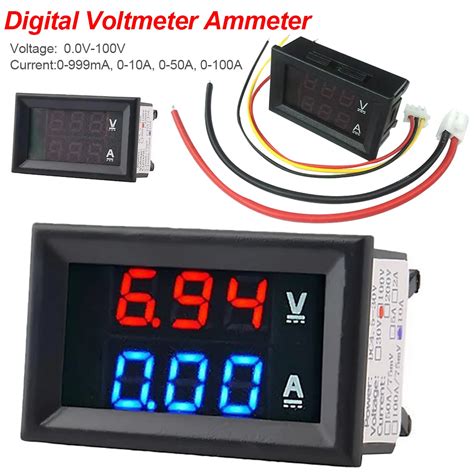
DC Voltage: A Detailed Overview on How DC Works
What is DC Voltage? DC voltage is a type of electrical potential difference that maintains a constant polarity over time. In other words, the positive[…]
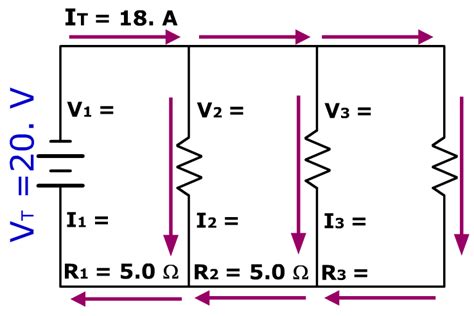
Simple Parallel Circuit: A Definitive Guide
What is a Parallel Circuit? A parallel circuit is a type of electrical circuit where the components are connected in parallel, meaning that the current[…]
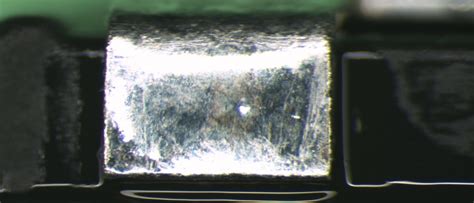
The Ultimate Guide to PCB Solderability Test and Functionality
What is PCB Solderability? PCB solderability refers to the ability of the printed circuit board’s surface to be wetted by molten solder and form a[…]
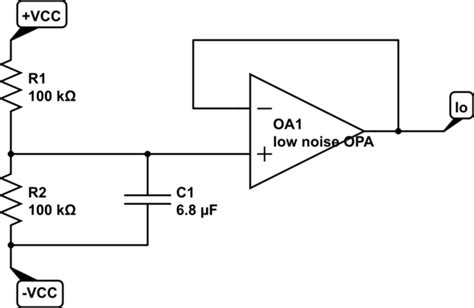
PCB Guard Ring And The Significance In A Circuit
What is a PCB Guard Ring? A PCB (Printed Circuit Board) guard ring is a conductive trace or layer that surrounds sensitive areas of a[…]
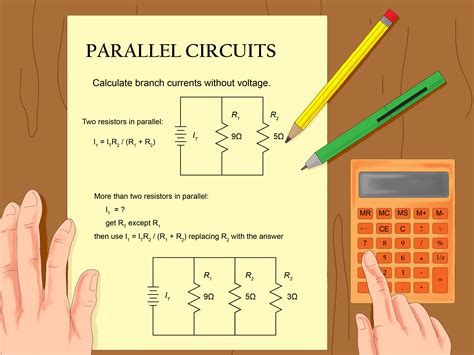
Circuit Calculator-Simple Valuable Introducing
What is a CircuitCalculator? A CircuitCalculator is a tool used to analyze and design electrical circuits. It allows engineers, students, and hobbyists to quickly and[…]
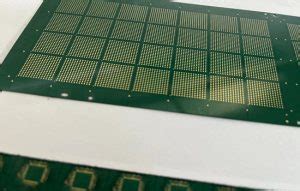
mSAP PCB: A Substrate-Bonded Additive Copper Layer Fabricated Circuit Board
Introduction to Substrate-Bonded PCBs Printed Circuit Boards (PCBs) have revolutionized the electronics industry by providing a reliable and efficient method for connecting electronic components. Among[…]
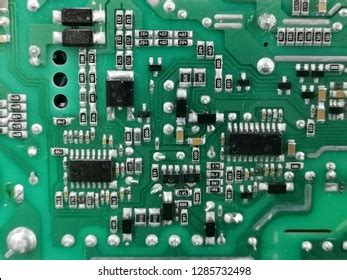
Circuit Board IC: Important Details to Know as a Circuit Designer
What is a Circuit Board IC? A circuit board IC, also known as a chip or microchip, is a miniaturized electronic circuit consisting of semiconductor[…]
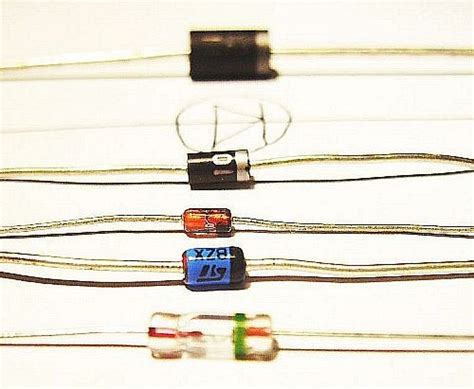
1n4003 Diode : Quick Guide to its Features and More!
Introduction to the 1N4003 Diode The 1N4003 is a popular general-purpose rectifier diode used in a wide variety of electronic circuits and applications. As part[…]
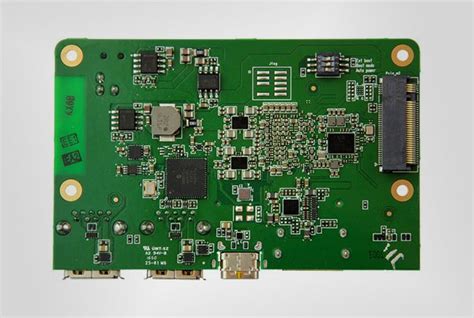
HiKey 960: Understanding This Development Board
Introduction to the HiKey 960 The HiKey 960 is a high-end, 96Boards Consumer Edition development board that features an octa-core Kirin 960 processor, Mali G71[…]
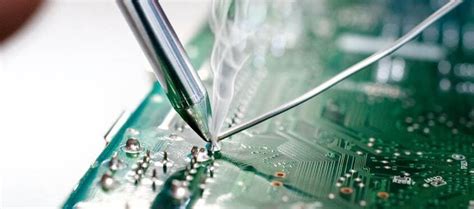
4 Common Issues in PCB or PCB Pads and How to Fix
Introduction Printed Circuit Boards (PCBs) are the backbone of modern electronics, enabling the interconnection of various components to create complex circuits. However, even with advancements[…]